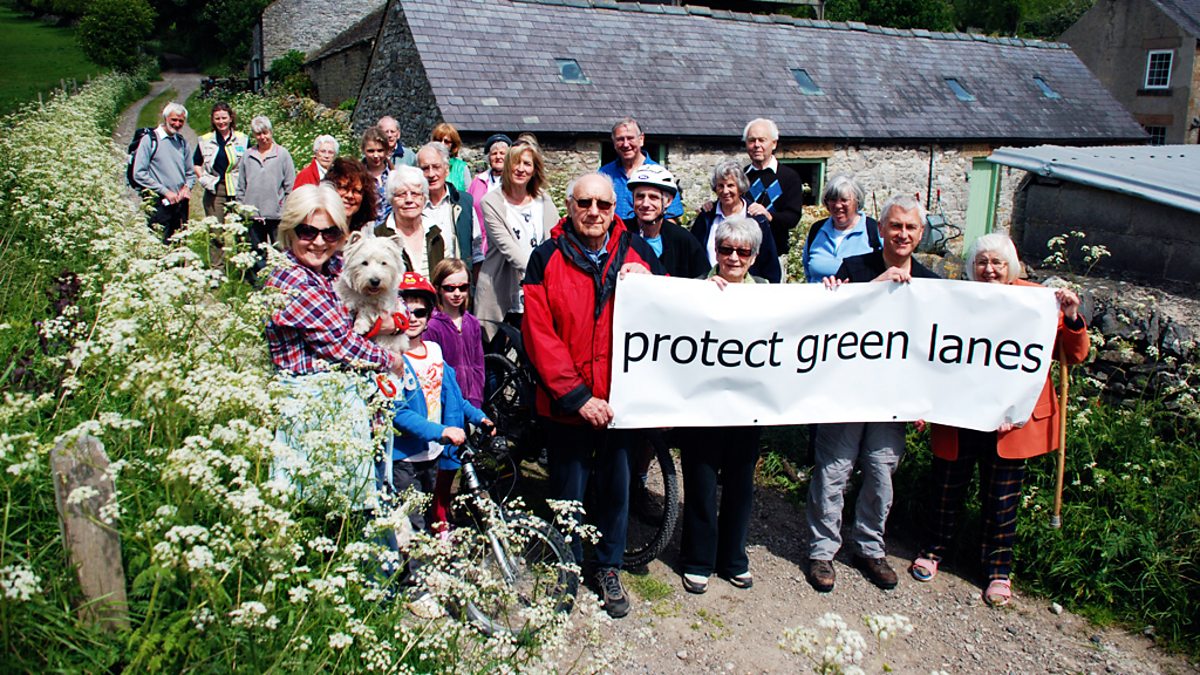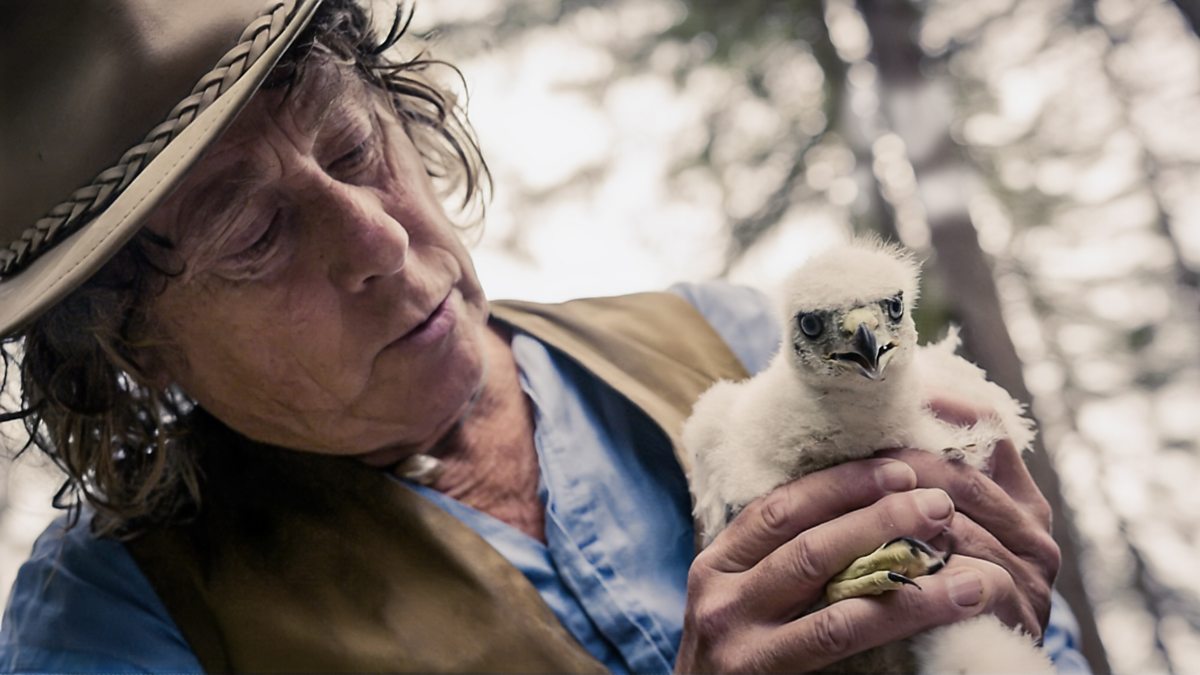BBC 4 TV - "Tales From the National Parks - Episode 2 - The Peak District"
A war is breaking out in the charming villages of the Peak District, with walkers, horseriders and residents angry at 4x4 drivers and trailbikers motoring up and down the green lanes for pleasure. So an 80-year-old retired primary school teacher decides to launch a campaign to get the motorists banned from a lane in her village of Great Longstone. Over the next few months the campaign snowballs and more and more villages decide they've had enough of the off-roaders on their lanes. Macer filmed for over a year in the Peak District and was granted exclusive access to the inner workings of how the National Park is run. Will the Peak District Park Authority bow down to public pressure or will it side with the off-roaders?
A very interesting programme first broadcast in 2011. I thought, though, that it raised more questions than it answered. While it was easy both to see why villagers wanted the National Park Authority (NPA) to issue TROs on the network of green lanes - something it has the power to do in certain circumstances otherwise the power rests with local authorities - and the NPA was reluctant to do so on the grounds that access should be granted to all people wherever possible, there were at least two areas in which the NPA's stance didn't ring true. Each in its way referred back to the Kinder Scout Trespass which indirectly and ultimately led to the creation in this country of the National Parks of which the Peak District became the first.
One, it was said on several occasions that passage on these routes was supported by ancient rights of way. Those were depicted by the NPA as being part and parcel of the National Parks' ethos on access. But surely those are really two distinct things given the differences in the origins of those rights of way and the creation of the Peak District National Park?
Two, the principal argument seemed to be that just because the trespassers were walkers and those wanting access in current times had vehicles with engines didn't mean that the principle wasn't precisely the same. That we all have to move with the times. I am not sure that the principle is the same. When the trespassers made their point, much land in the area was in the hands of landowners who restricted all public access. Here that doesn't apply. Furthermore, those who use 4 x 4s etc are not inseparable from their vehicles as was often presented. None was being asked not to use the lanes as people. Surely the banning/restriction of vehicles is not the same as the banning/restriction of those people all of whom could walk the lanes as anyone walks the lanes? That what they wanted wasn't balance/equality as suggested but the maintenance of additional rights beyond people without such vehicles?
I was left confused - and surprised that neither of these arguments was made.
A war is breaking out in the charming villages of the Peak District, with walkers, horseriders and residents angry at 4x4 drivers and trailbikers motoring up and down the green lanes for pleasure. So an 80-year-old retired primary school teacher decides to launch a campaign to get the motorists banned from a lane in her village of Great Longstone. Over the next few months the campaign snowballs and more and more villages decide they've had enough of the off-roaders on their lanes. Macer filmed for over a year in the Peak District and was granted exclusive access to the inner workings of how the National Park is run. Will the Peak District Park Authority bow down to public pressure or will it side with the off-roaders?
A very interesting programme first broadcast in 2011. I thought, though, that it raised more questions than it answered. While it was easy both to see why villagers wanted the National Park Authority (NPA) to issue TROs on the network of green lanes - something it has the power to do in certain circumstances otherwise the power rests with local authorities - and the NPA was reluctant to do so on the grounds that access should be granted to all people wherever possible, there were at least two areas in which the NPA's stance didn't ring true. Each in its way referred back to the Kinder Scout Trespass which indirectly and ultimately led to the creation in this country of the National Parks of which the Peak District became the first.
One, it was said on several occasions that passage on these routes was supported by ancient rights of way. Those were depicted by the NPA as being part and parcel of the National Parks' ethos on access. But surely those are really two distinct things given the differences in the origins of those rights of way and the creation of the Peak District National Park?
Two, the principal argument seemed to be that just because the trespassers were walkers and those wanting access in current times had vehicles with engines didn't mean that the principle wasn't precisely the same. That we all have to move with the times. I am not sure that the principle is the same. When the trespassers made their point, much land in the area was in the hands of landowners who restricted all public access. Here that doesn't apply. Furthermore, those who use 4 x 4s etc are not inseparable from their vehicles as was often presented. None was being asked not to use the lanes as people. Surely the banning/restriction of vehicles is not the same as the banning/restriction of those people all of whom could walk the lanes as anyone walks the lanes? That what they wanted wasn't balance/equality as suggested but the maintenance of additional rights beyond people without such vehicles?
I was left confused - and surprised that neither of these arguments was made.





Comment